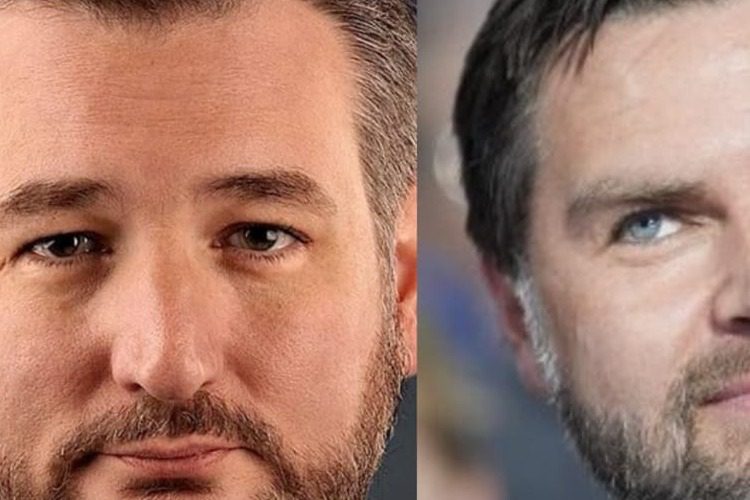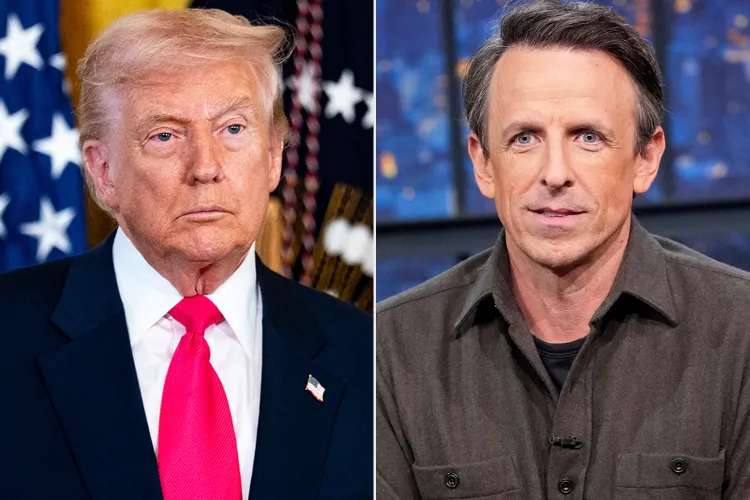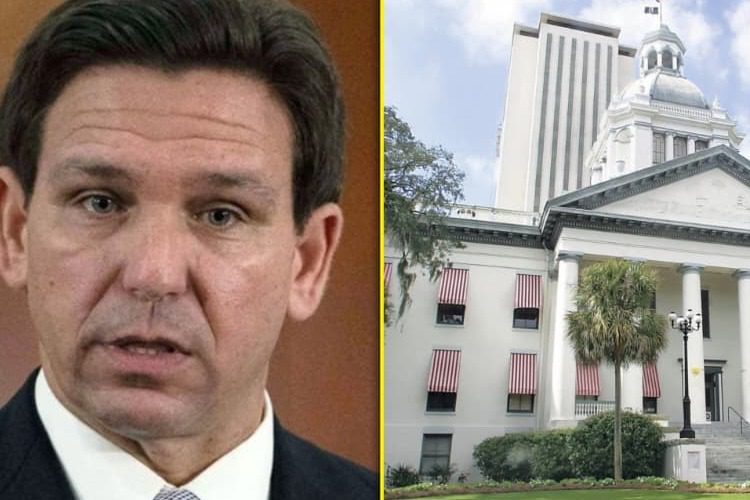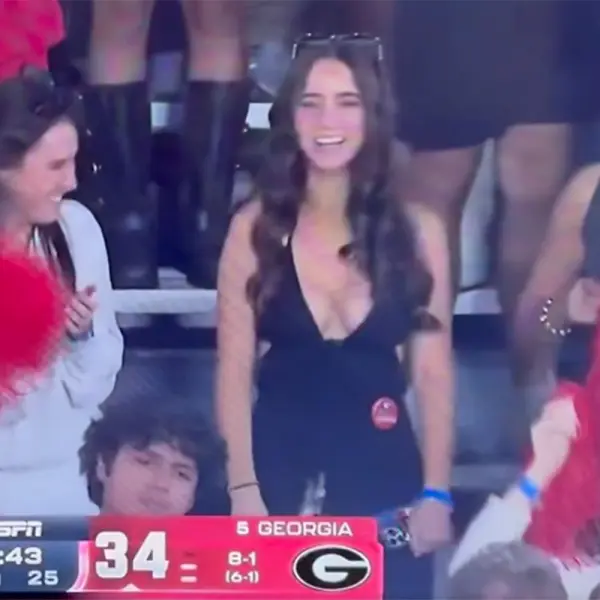Texas Firebrand’s Shadow Campaign Targets Vance – But Trump’s Heir Apparent Holds the MAGA Crown Firm
The amber glow of a Texas sunset stretched long across the rolling plains of Houston’s outskirts on that unassuming Tuesday afternoon of November 17, 2025, casting a heroic halo around Sen. Ted Cruz as he stepped off the stage at a chamber of commerce luncheon, his trademark grin flashing like a signal flare to the faithful who’d gathered for his keynote on “Texas Tough: Winning for America.” At 54, Cruz—the Harvard-debating, constitutionalist crusader who’d stared down Senate filibusters and a near-fatal plane crash—carried himself with the quiet confidence of a man who’s always played the long game, his navy suit crisp against the Lone Star backdrop, tie knotted with the precision of a policy wonk plotting his next move. But beneath the applause for his paeans to energy independence and border security—echoes of the America First ethos that propelled President Donald J. Trump to a resounding 2024 victory—whispers swirled like dust devils: Cruz was laying the groundwork for 2028, a presidential shadow campaign that Axios revealed in a scoop that morning, positioning the Texas firebrand as the GOP’s potential anti-Trump heir, ready to rumble with Vice President JD Vance in a battle for the party’s post-MAGA soul. For the MAGA diehards who’d stormed rallies from Des Moines to Dallas, cheering Vance as Trump’s handpicked successor, it was a jolt—a reminder that the party’s future isn’t a coronation but a coliseum, where Cruz’s calculated jabs at isolationists like Tucker Carlson signal a neoconservative comeback that could either reinvigorate the base or rip it asunder. In a nation still basking in Trump’s second-term triumphs—from tariff rebates hitting mailboxes to border crossings cratering 92 percent—Cruz’s maneuver feels less like ambition and more like a gauntlet thrown, a Texas-sized challenge to the Ohio everyman who’s captured 46 percent in early primary polls, leaving Cruz scraping at 2 percent in the rearview.

To feel the pulse of this brewing showdown, wander the sun-baked streets of Sugar Land, Texas, where Maria Gonzalez, a 42-year-old small-business owner and Cruz constituent since his 2012 Senate upset, sips her iced tea on the patio of her bakery, her phone open to the Axios piece that has her shaking her head with a mix of admiration and apprehension. Maria, a first-generation Mexican-American whose family built a life from scratch in the oil-patch suburbs, had backed Cruz in every race—drawn to his evangelical fire on life issues and his hawkish stance on China that mirrored Trump’s trade wars. “Ted’s a fighter—he filibustered for 21 hours against Obamacare, stood with Trump on the wall,” she says, her voice warm with the loyalty of a woman who’s seen her bakery thrive under GOP tax cuts, employing 15 locals in a town where unemployment dipped to 3.2 percent post-2024 boom. But Vance? The Yale-educated venture capitalist turned Trump VP, with his “Hillbilly Elegy” grit and Rust Belt roots, tugs at her heartstrings too—his speeches railing against “elite capture” hitting home for a mom whose son just landed a welding gig at a reshored factory. The Axios report, citing sources close to Cruz’s inner circle, details his subtle maneuvers: a beefed-up PAC, “Ted Cruz Victory Committee,” that’s raised $12 million since July, per FEC filings; a podcast push interviewing foreign policy hawks like Nikki Haley; and pointed swipes at Carlson’s “America Alone” isolationism, framing Vance as a “Tucker-lite” too cozy with Putin apologists. “Cruz is free to run, but against JD? That’s David vs. Goliath—Trump’s Goliath,” Maria muses, her laugh light but laced with the worry of a party purist who fears fratricide fracturing the MAGA momentum that’s delivered 7 million jobs and 3 percent GDP growth in Trump’s first nine months back.
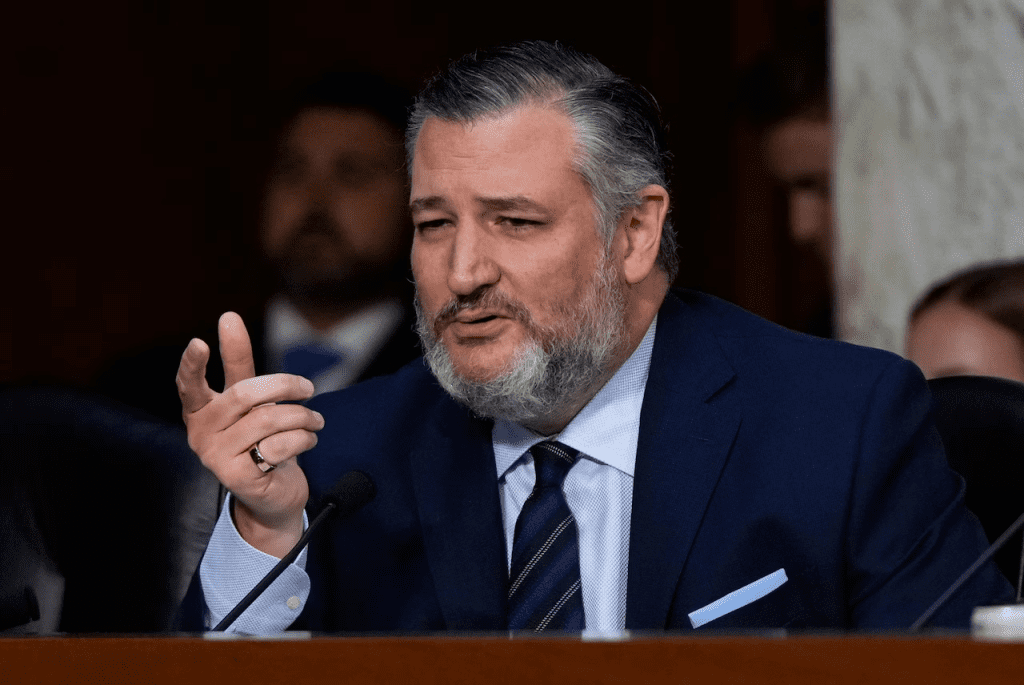
Cruz’s positioning isn’t born of whim; it’s a calculated chess play in the post-Trump endgame, where the GOP’s 2028 field is already a gladiatorial arena of ambitions and alliances. Axios, drawing from interviews with five GOP strategists and two Cruz confidants, paints a portrait of a senator who’s shed the 2016 “Lyin’ Ted” skin to emerge as the party’s elder statesman—his beard trimmed, his rhetoric refined, his Senate tenure boasting wins like the 2025 border bill that funded 700 miles of wall and repatriated 1.2 million. The Carlson feud, ignited last month when Cruz blasted the podcaster’s Ukraine skepticism as “dangerous dithering” on Fox, serves as dog whistle and declaration: a neoconservative nod to donors like Sheldon Adelson’s heirs, who pumped $100 million into 2024’s pro-Israel PACs, while distancing from Vance’s “retrenchment” vibe that polls 62 percent among MAGA youth, per Echelon Insights. “Ted’s building a lane—global engagement, free markets, strong defense,” one anonymous advisor told Axios, their words a blueprint for a primary where Vance leads at 46 percent in a November Emerson poll of likely Republican voters, with Cruz trailing at 8 percent behind DeSantis (12%) and Haley (10%). For Maria, baking empanadas in her commercial kitchen, the math matters: “JD’s Trump’s guy—the VP who charmed the debate stage, won Ohio by 20. Ted’s smart, but 2028’s about carrying the torch, not relighting it.”

The emotional stakes climb with every poll drop, a rivalry that tugs at the heartstrings of the MAGA faithful who’ve invested their hopes in Trump’s legacy like a family heirloom. In the heartland diners of Youngstown, Ohio—where Vance penned his elegy to the forgotten—truckers like Tom Reilly, 58, a union vet who’d flipped blue-collar for Trump in ’16, slam his fist on the Formica as he scrolls the Axios alert. “Vance gets it—the pain of factories closing, kids hooked on fentanyl from open borders,” Tom growls, his callused hands pausing on a half-eaten patty melt, the scars from 30 years at the steel mill a map of America’s ache. Tom, whose daughter majored in nursing at Youngstown State only to intern abroad on an H-1B visa glut, sees in Vance the continuation: the VP who co-authored Trump’s tariff plan, slashing imports 15 percent and adding 500,000 manufacturing jobs by November, per Labor stats. Cruz? “Great debater, but too Beltway—voted for Ukraine aid when we needed it at home.” Tom’s loyalty, forged in 2024’s door-knocking marathons where Vance stumped alongside Trump, runs deep: polls show 72 percent of Trump primary voters backing Vance as heir, a “MAGA mandate” that Cruz’s hawkish pivot—his recent op-ed in Foreign Affairs calling for “strategic encirclement” of China—risks alienating. “Ted’s free to run, but against JD? That’s like challenging the son—Trump’s son in spirit.”
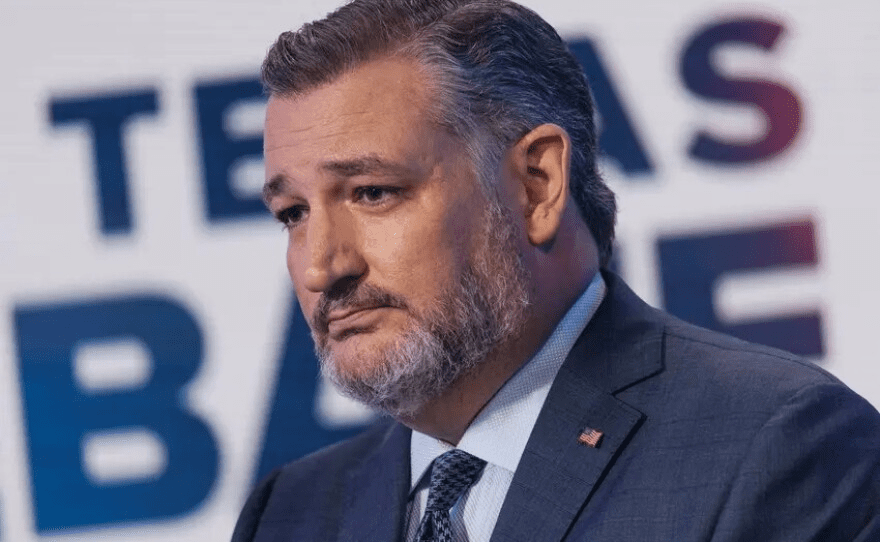
Cruz’s groundwork, per Axios’s deep dive, is methodical as a filibuster: a Texas tour wrapping 40 events since July, fundraisers netting $4.5 million from energy titans like Harold Hamm, and a book deal for “Texas Titan: Defending Freedom in the Trump Era,” slated for spring 2026— a nod to his 2016 “A Time for Truth” that sold 200,000 copies. The Carlson clash, escalating when Cruz labeled the host’s Putin interview “propaganda” on his podcast, positions him as the anti-isolationist bulwark, appealing to 35 percent of GOP voters who favor “robust alliances,” per Pew’s October survey. But in the Vance lane—polling at 48 percent in a hypothetical head-to-head, per the same Emerson—Cruz’s 2 percent whispers of uphill: Vance’s Ohio win by 18 points, his VP debate demolition of Kamala Harris, and Trump’s Mar-a-Lago endorsement last month (“JD’s the future—smart, tough, America First”) seal his frontrunner status. For Tom, nursing his coffee in that Youngstown booth, it’s family: “Trump picked JD like a son—Cruz is the uncle who shows up late to the barbecue, talking shop while we grill.”
The rivalry’s heart beats in the stories of the base, like Maria’s bakery customers in Sugar Land—oil roughnecks who’d backed Cruz in 2018 but swung Trump in ’24 for his “no more endless wars.” One, Carlos Ruiz, 62, a rig foreman whose son died in Afghanistan under Bush, confides over a fresh bolillo: “Ted’s pro-life, pro-gun—good man. But Vance? He speaks for us, the forgotten, without the Ivy polish.” Carlos’s nod to Vance’s “elegy” roots—his 2016 book a bestseller that humanized the opioid crisis claiming 100,000 lives yearly—highlights the emotional edge: Vance’s authenticity, from Yale to the Senate floor railing against “tech oligarchs,” resonates with 65 percent of white working-class voters, per AP VoteCast. Cruz’s response, in a Houston Chronicle sit-down that afternoon, keeps the door ajar: “2028? I’m focused on Texas wins—historic like flipping Bexar red. But if called, I’d serve.” His coyness, laced with Carlson jabs, signals a lane: neocons for donors, MAGA for masses—a tightrope where one slip means sidelining.
As November’s chill nips at campaign calendars, Cruz’s gambit stirs the GOP soul—a party post-Trump, where Vance’s 46 percent lead feels like legacy locked, but Cruz’s groundwork whispers of wild cards. For Maria, wrapping pastries with purpose, it’s a family affair: “Let Ted run—competition sharpens the blade. But JD’s Trump’s heart, the beat of MAGA marching on.” In the grand Republican revival, where Trump’s triumphs—from 3 percent GDP to border bliss—set the stage, this 2028 prelude promises passion: Cruz’s constitutional crusade versus Vance’s visceral vision, a clash of titans that honors the fighter who forged it all. Trump watches from Mar-a-Lago, his grin eternal—the kingmaker content with kings in waiting, as the party he remade readies to roar.
